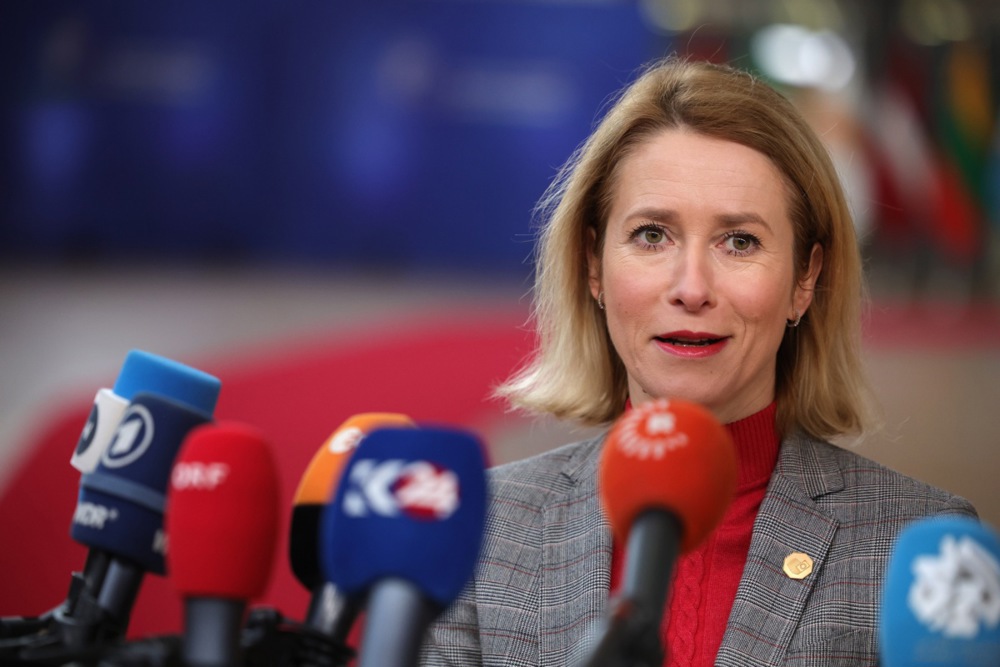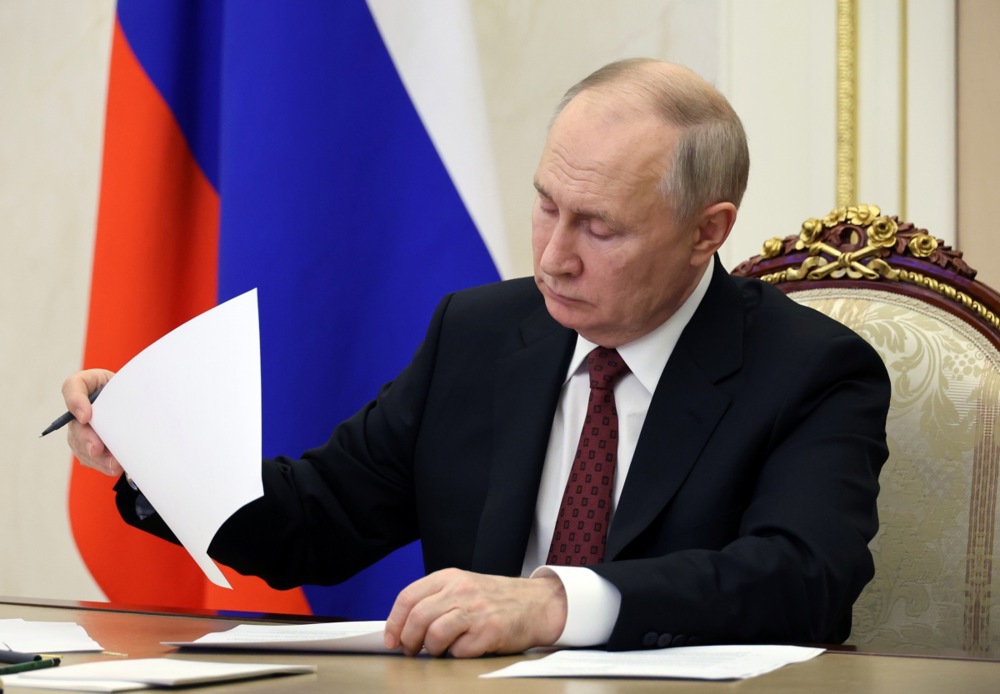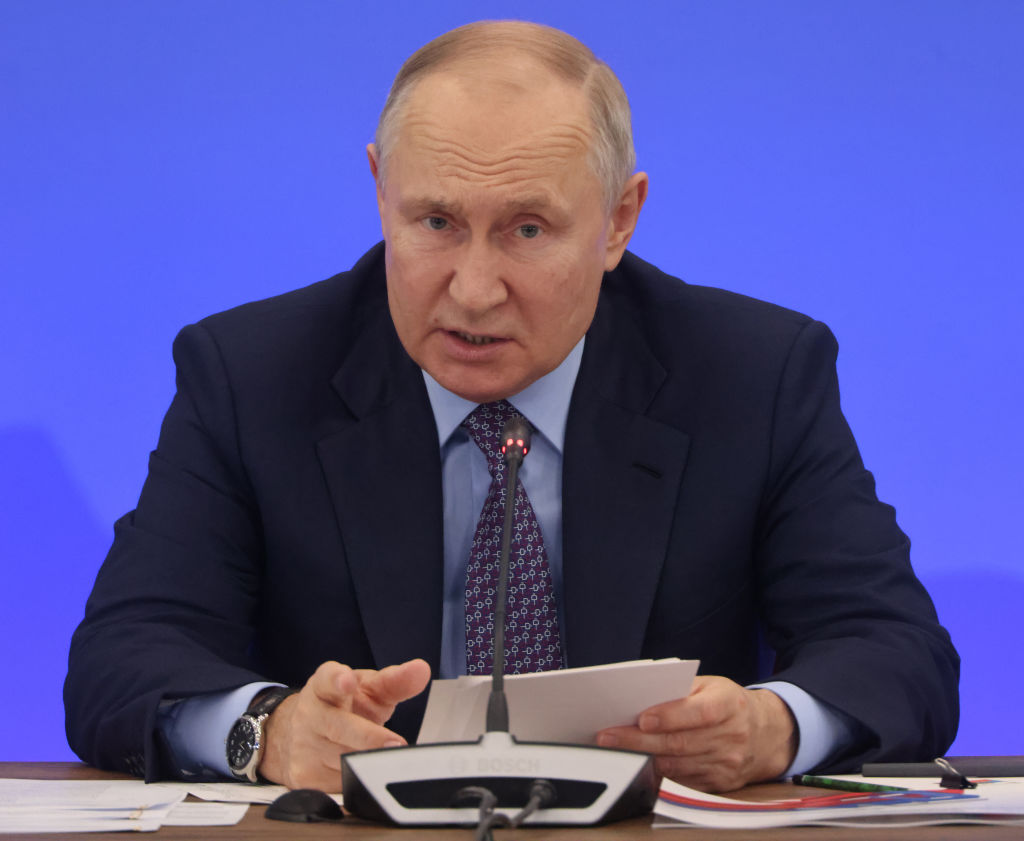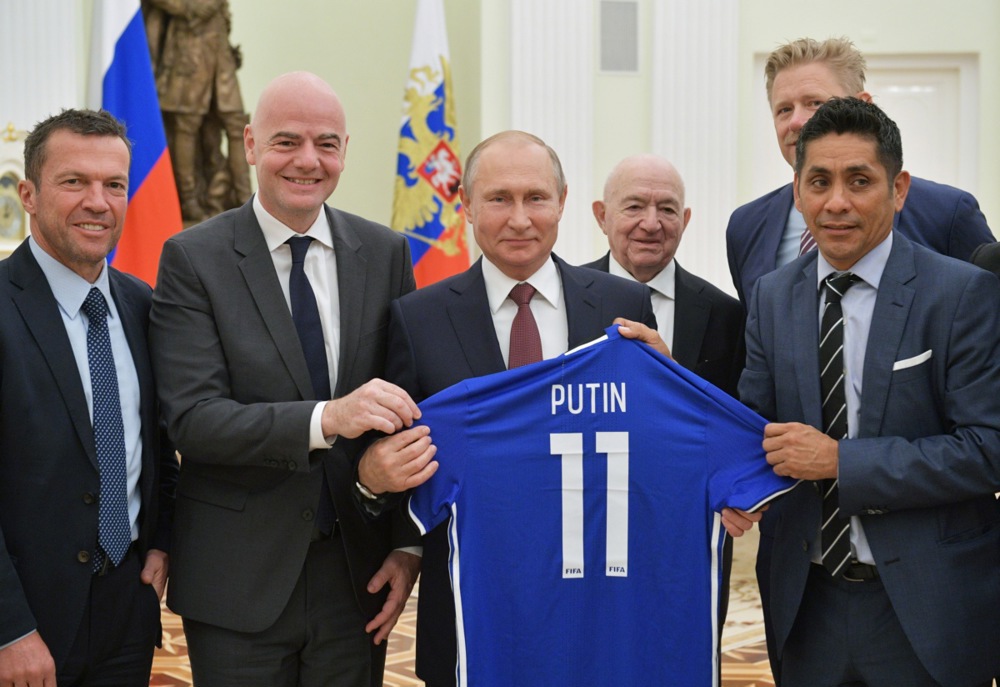Alexei Navalny, main figurehead of Russia’s political opposition, has died in jail.
Indications suggesting Russia’s government may be responsible for his death have led to broad worldwide criticism for Vladimir Putin and his government.
In a short statement released Friday, February 16, Russia’s prison service announced the death of the 47-year-old Navalny, saying he fell ill in the morning after a walk inside the penal colony.
With a timing many feel suspicious, the announcement was released two minutes after Navalny’s reported time of death.
According to the Russian prison service announcement, Navalny passed out almost instantly.
Local and prison medical personnel were dispatched to the scene, and an ambulance was called. Attempts to resuscitate him were unsuccessful.
The official account of events does not specify the cause of death, but there are few voices globally who do not suspect the cause of death, for Putin’s main domestic critic, was in fact the Kremlin.
Keir Giles, a Russia expert at the UK’s Chatham House think-tank, told Brussels Signal that “nobody should have been surprised by this, least of all Navalny himself. After all, Russia tried to kill him once, and then he chose to go back for more. Navalny and his movement have divided opinion since the full-scale invasion of Ukraine.”
“At one point Navalny was useful to Russia as a sign that opposition to Putin was tolerated. That usefulness came to an end long ago,” Giles says.
“And by now, Russia has abandoned any pretence that it is anything other than a repressive regime,” he adds.
Russia is “back in its historical comfort zone of murdering opponents at home and abroad without qualms and without a care for international condemnation,” says Giles.
Giles argues that killing Navalny underlines Russia’s indifference to its international reputation, by ironically “coming immediately after Tucker Carlson’s propaganda tour, lauding it as a progressive, modern state where people would want to live,” he says.
The Russia expert also says that “not everybody who opposes Putin opposes the war – and a Russian opposition politician can be far from “liberal”. It’s perfectly possible to be a Russian who dislikes Putin, but is fully in favour of Russia waging genocidal wars of colonial reconquest.”
Navalny was recently sent to an Arctic penal colony, the IK-3 colony in Yamal, 1,900 km northeast of Moscow, nicknamed “Polar Wolf”. It is seen as one of Russia’s toughest prisons. In a videocall with journalists in January, he looked healthy and in good spirits.
His mother, Lyudmila Navalnaya, was quoted by Russian newspaper Novaya Gazeta as saying, “I don’t want to hear any condolences. We saw him in prison on the 12th [February], in a meeting. He was alive, healthy and happy.”
International leaders were quick to condemn Moscow.
“It’s obvious” that Putin killed him, Ukrainian President Volodymyr Zelenskyy said.
“Deeply disturbed and saddened by news of the death of Alexei Navalny. Putin fears nothing more than dissent from his own people”, European Commission president Ursula von der Leyen posted on Twitter/X.
“A grim reminder of what Putin and his regime are all about. Let’s unite in our fight to safeguard the freedom and safety of those who dare to stand up against autocracy,” she added.
Deeply disturbed and saddened by news of the death of Alexei Navalny.
Putin fears nothing more than dissent from his own people.
A grim reminder of what Putin and his regime are all about.
Let's unite in our fight to safeguard the freedom and safety of those who dare to… pic.twitter.com/YoIbS7XbdX
— Ursula von der Leyen (@vonderleyen) February 16, 2024
Charles Michel, president of the European Council, said Navalny “fought for the values of freedom and democracy. For his ideals, he made the ultimate sacrifice.”
“The EU holds the Russian regime as sole responsible for this tragic death. I extend my deepest condolences to his family. And to those who fight for democracy around the world in the darkest conditions. Fighters die. But the fight for freedom never ends.”
Nato’s secretary general Jens Stoltenberg said he was “deeply saddened and concerned”.
“Russia has serious questions to answer. Navalny has been a strong voice for freedom & democracy; Nato and Allies had long called for his release. My thoughts are with his family ad loved ones,” added Stoltenberg.
US vice president Kamala Harris, currently at the Munich Security Conference, called the death of Navalny “terrible news” and said “Russia is responsible.”
UK prime minister Rishi Sunak described Navalny’s alleged death as “terrible news”.
“As the fiercest defender of Russian democracy, Alexei Navalny has shown incredible courage throughout his life,” Sunak wrote on X. “My thoughts are with his wife and the Russian people, for whom this is a tremendous tragedy.”
Czech Foreign Minister Jan Lipavsky said that Navalny had been “imprisoned and tortured to death for standing up to Putin.”
Vitali Klitschko, mayor of Kyiv, stressed that Navalny did not die, but “was killed”, and that this shows the “real face of the authoritarian regime in Russia.”
Vitali Klitschko, Mayor of Kyiv reacts to #Navalny death.
Alleges he did not die – “he was killed”.
Shows “real face of the authoritarian regime in Russia.”
Recorded in elevator at Munich Security Conference (MSC) which just opened today. pic.twitter.com/hvsmAqkpwp— Michaela Kuefner (@MKuefner) February 16, 2024
Navalny was a vocal critic of Russian President Vladimir Putin and his regime. He has used various online platforms to expose corruption among Russian officials and succeeded in organising mass protests across Russia to call for political reforms.
His 2021 documentary was seen over 129 million times on YouTube alone.
Because of his prominence, Navalny faced legal persecution in Russia. He was arrested multiple times and received lengthy prison terms.
Navalny was sent to Germany after becoming seriously ill in 2020, where he received treatment for nerve agent poisoning.
A joint investigation by The Insider, Bellingcat, CNN, and Der Spiegel found that the assassination attempt came from Putin himself.
In 2021, Navalny returned to Moscow, but was immediately detained at the airport and received a two-and-a-half-year prison term for violating the parole of a 2017 suspended sentence.
In 2022, Navalny was sentenced to a further nine years for embezzlement and contempt of court.
I will take personal charge of the investigation to discover how I killed Navalny.
— Darth Putin (@DarthPutinKGB) February 16, 2024





